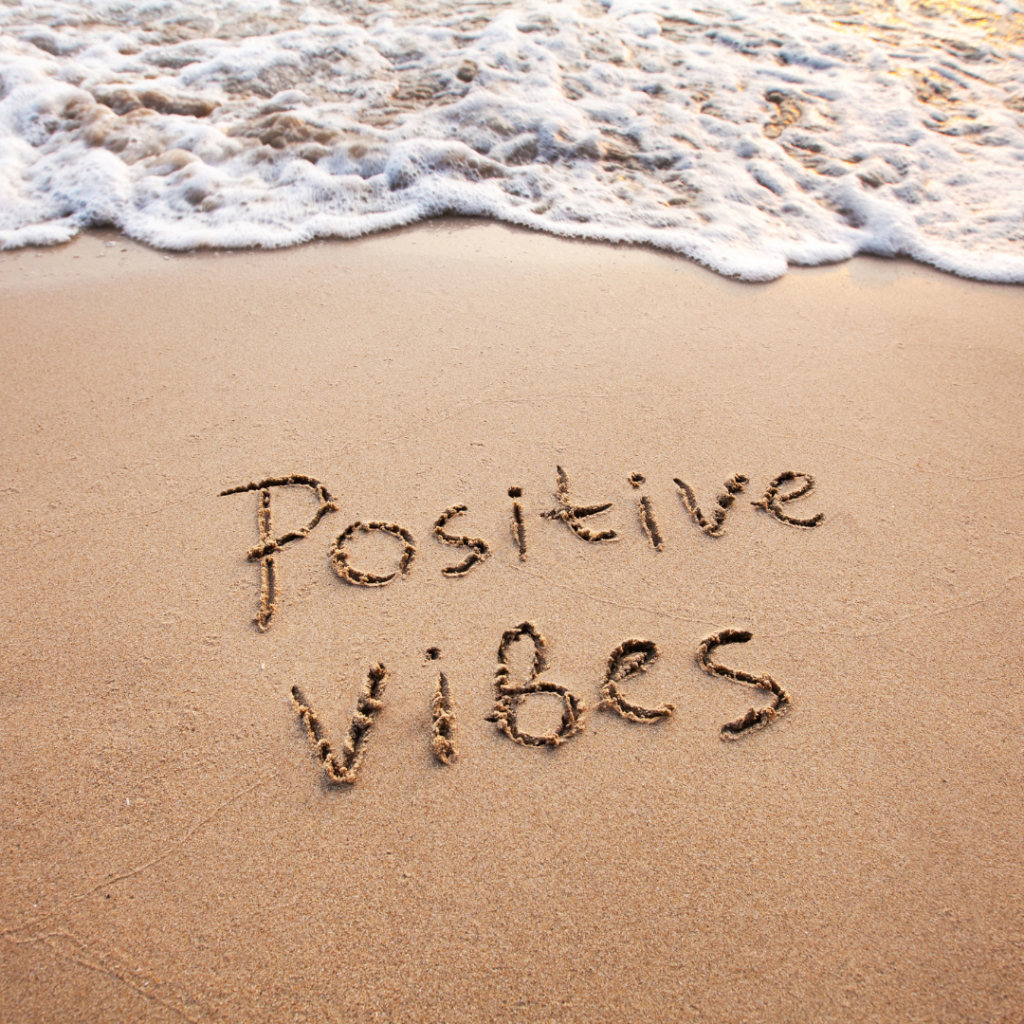By Jon Gordon

Whenever I take questions at a speaking event, someone always asks me what I think about toxic positivity. First, I say that even the words toxic positivity doesn’t make sense because if it’s toxic, then it isn’t positive.
On Wikipedia, toxic positivity is defined as “a pressure to stay upbeat no matter how dire one’s circumstance is, which may prevent emotional coping by feeling otherwise natural emotions. Toxic positivity happens when people believe that negative thoughts about anything should be avoided”.
What people label as toxic positivity is really a lack of addressing and dealing with negative emotions, pain and issues in oneself and others. It demonstrates a lack of empathy and care when someone you know is struggling and you tell them to “just be positive”. It’s a lack of emotional intelligence when you gloss over the hurt, hardship or loss someone is experiencing by saying “you’ll be fine”.
Toxic positivity has nothing to do with positivity and everything to do with avoiding and ignoring the pain that must be addressed for healing and growth to take place.
We never want to ignore or avoid our negative emotions or dismiss the feelings of others. It’s important to feel the pain, address the issue, and heal so you can move forward and create a better future.
But what we don’t want to happen is for our negative thoughts, emotions and situations to take us down a spiral staircase of despair and depression. And this is why I am not a fan of the term “toxic positivity.” It puts a negative spin on the positivity, optimism, hope, belief and faith that is essential to overcome our challenges, heal our pain and rise above our situation.
Instead of being concerned about the pressure people feel to stay positive in dire situations, we should be far more focused on helping people recognize the power they possess to overcome their dire situations.
I’m concerned that toxic positivity is being used by those who are suffering to justify staying stuck in their pain instead of finding hope and a path forward. They stay stuck as a victim instead of changing their mindset and narrative to become the hero in their own story. I’ve honestly been shocked at the advice some psychologists have shared in several toxic positivity articles that only perpetuates suffering.
I also don’t like the way the term has been used by toxic people to vilify positivity and positive leaders, who genuinely care about others. Well-meaning leaders trying to encourage their team have been accused by those who don’t want encouragement as sharing “toxic positivity.” People trying to be positive have been attacked by those who aren’t, and their weapon is the label of toxic positivity.
The truth is fear, anxiety, depression and discouragement are a much bigger problem than the label and issue of toxic positivity. The world needs more positivity, not negativity. It needs more hope and encouragement, not discouragement.
Even when I share encouragement on social media or via Daily Positive, I’ll have someone accuse me of “toxic positivity.” It’s funny to me because this same post that someone felt was toxic, also helped many others shift their mindset and perspective in a positive way. While one person wrote, “This is toxic positivity,” most comments said, “I needed this today.”
With so many struggling with negative thoughts and negative emotions today, it’s become normalized to be negative and it’s almost strange to be positive. People think something is wrong with you if you are positive. “You can’t possibly be positive.” “You can’t be happy.” “Why would anyone be happy.” “You must be toxic if, you are positive.” But the truth is, they are toxic, and they’re using the term “toxic positivity” to attack you.
So, don’t stop being positive and encouraging. Just make sure you acknowledge how people feel. Address your negative feelings and emotions with the intent to heal them. Listen to the concerns of others. Understand their fears. Find out the best way to encourage your team members, family and friends and then do your best to support them and lift them up.
This is what real positivity is all about and there is nothing toxic about it.
—
About Jon Gordon:

Jon Gordon is one of the most influential and sought after leadership authors and speakers today. He’s a consultant to numerous leaders, CEO’s, NFL, NBA, and MLB Coaches, championship teams and high performers and an inspirational teacher who has helped millions of people have a more positive mindset.
He is the author of 28 books including 15 best sellers and 5 children’s books. His books include the timeless classic The Energy Bus which has sold over 3 million copies, The Carpenter which was a top 5 business book of the year, Training Camp, The Power of Positive Leadership, and The Power of a Positive Team. Jon’s latest book, The One Truth has been called profound, revolutionary and life changing.



